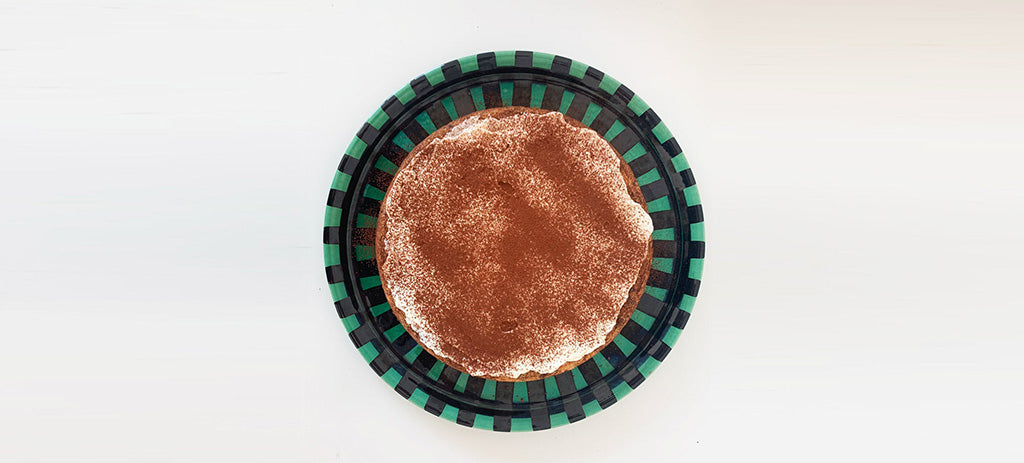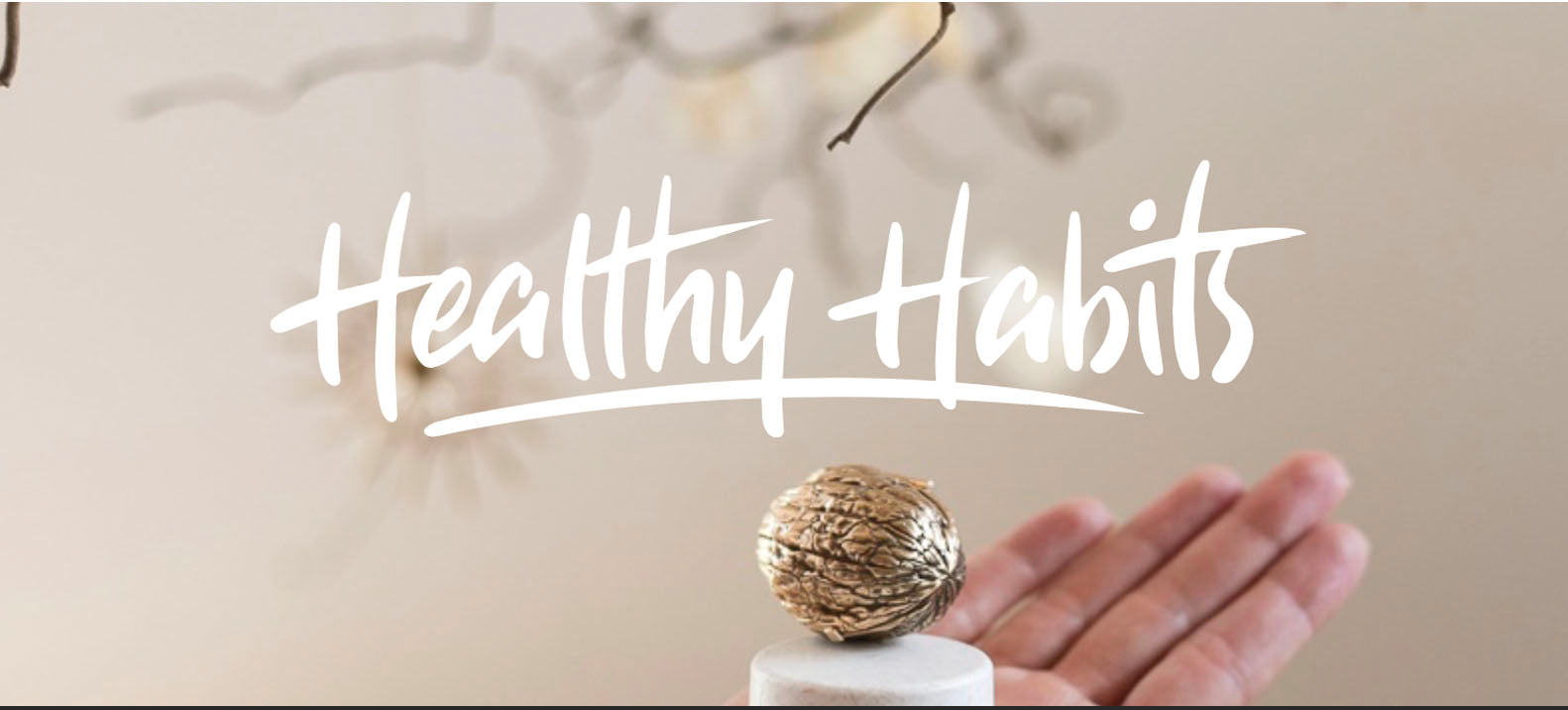Antibiotics - friend or foe?


When Scottish bacteriologist Alexander Fleming discovered penicillin in 1928, he was unaware of the extent to which his discovery would revolutionize the world of medicine. In fact, he focused his research on the use of penicillin as a topical germicidal agent. It was more than a decade later that Ernst Chain and Howard Florey were able to prove that penicillin was an effective means of fighting bacterial infections . The three scientists were awarded the Nobel Prize in Physiology or Medicine in 1945..
Since then, the world of medicine has come a long way. After the end of World War II, penicillin became available to a larger audience - the beginning of the antibiotic revolution. During the period from the 1950s to the late 1970s, scientists explored more and more chemical compounds with antibacterial properties, but only a few of them were developed into drugs. Depending on their chemical composition, antibiotics are divided into different classes such as penicillins, sulfonamides or tetracyclines. A further distinction is made between antibiotics that kill bacteria by attacking the cell wall and antibiotics that inhibit bacterial growth by disrupting protein synthesis and thus preventing reproduction..
A breakthrough discovery A panacea A miracle cure Definitely a breakthrough discovery. Life expectancy has increased from 47 to 79 years before the discovery of antibiotics, any bacterial infection could potentially lead to death. Antibiotics have also saved my life before, I'll just say: bronchitis, otitis media and those dreaded bladder infections. Science has also succeeded in developing new treatment methods for infectious diseases such as cholera or diphtheria. Some experts even saw infectious diseases as a chapter of the past. But antibiotics are definitely not a panacea. First, they are not effective against viral diseases. Ultimately, a virus is not a living organism; it depends on host cells and is enveloped in a protein coat. In other words, there is nothing where the antibiotic can attack. Just like with Covid-19. Second, more and more strains of bacteria are developing resistance to antibiotics. A global problem, the extent of which is only slowly becoming apparent. According to the US agency CDC (Centers for Disease Control and Preventiontion – Centers for Disease Control and Prevention) 25,000 people die every year in the EU due to antibiotic resistance. Finally, antibiotics are not a miracle cure. It has been scientifically proven that antibiotics cannot distinguish between beneficial and harmful bacteria, which ultimately means that they eradicate both. So friend and foe, because taking antibiotics has a correspondingly extremely negative effect on the diversity of our intestinal flora. However, more recent studies also show that the intestinal flora can recover from such an all-round blow, but that takes time. Antibiotics are sometimes unavoidable, but there are things we can do to actively support our gut bacteria during this time. Here are our tips::
First
Take your antibiotics in the amount prescribed by your doctor and for the entire period, even if the symptoms subside after a short time. Ultimately, it is about eliminating all harmful bacteria and preventing being ill again after a short time. Dispose of leftover medication Antibiotics are tailored to specific bacteria and cannot be used interchangeably..
Secondly
Thorough research has shown that probiotics are excellent companions to antibiotic treatments. They strengthen and demonstrably rebuild the intestinal flora. So that the probiotic and the antibiotic do not interfere with each other, they should not be taken at the same time, but a few hours apart.
Third
A balanced diet consisting of prebiotic and probiotic foods has been proven to support our intestinal flora. Oatmeal and bananas or sourdough bread and sauerkraut come to mind spontaneously. Also, check with your doctor about which foods to avoid, as some can interfere with the absorption of the drug. For example, foods with a high calcium content such as dairy products interfere with the absorption of tetracyclines. And alcohol can greatly reduce the effectiveness of antibiotics. Unfortunately, grapefruits affect the effects of many medications, including antibiotics. Eating grapefruit increases the concentration of the drug in the blood, which can be quite dangerous..
But above all: take the time you need to get well again.





Comments